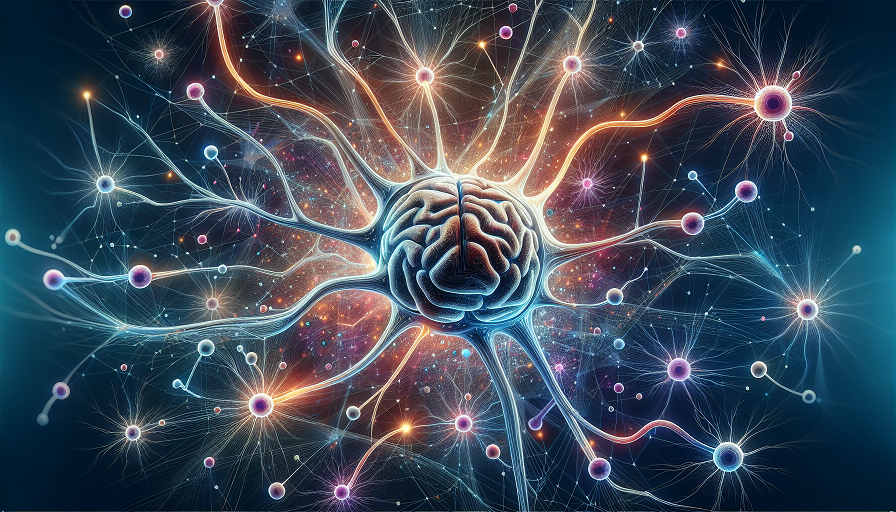
Iron isn’t just about keeping your blood healthy—it’s also essential for your brain. This mineral plays a vital role in cognitive development, particularly in children and young adults, but it doesn’t stop being important as you age. Without enough iron, your brain struggles to function at its best, leading to issues with memory, focus, and even long-term learning. Let’s unpack how iron supports your cognitive health and the research behind its impact on memory improvement.
How Iron Deficiency Impairs Brain Oxygenation
Iron is a key component of hemoglobin, the protein in red blood cells that carries oxygen throughout your body—including to your brain. Oxygen is critical for brain function, powering neurons and supporting the creation of neurotransmitters like dopamine and serotonin. When iron levels are low, oxygen transport is compromised, leaving your brain in an energy deficit.
Imagine trying to run a marathon while holding your breath. That’s what your brain feels like when it doesn’t get enough oxygen. Neurons begin to underperform, leading to cognitive issues like brain fog, forgetfulness, and difficulty concentrating.
Iron deficiency can also affect myelin, the protective coating around nerve fibers that ensures efficient signal transmission. Without enough iron, myelin production slows down, leading to weaker neural connections. This is especially concerning in children, where robust myelin development is critical for learning and memory.
In addition, low iron levels can impair the hippocampus, the brain region responsible for memory formation. Studies have shown that reduced iron availability during critical developmental stages can result in long-term deficits in learning and memory, underscoring the importance of adequate iron intake.
Signs of iron deficiency often include:
- Fatigue and low energy
- Difficulty concentrating
- Poor memory recall
- Dizziness or lightheadedness
- Pale skin or brittle nails
Evidence Supporting Iron Supplementation for Memory Improvement
The relationship between iron and cognitive function has been extensively studied, and the evidence is clear: addressing iron deficiency can lead to significant improvements in memory, attention, and overall brain performance.
A study published in The American Journal of Clinical Nutrition found that adolescents with iron deficiency anemia showed marked improvements in cognitive tests after just eight weeks of supplementation. The researchers noted enhancements in attention span and verbal memory, both of which are heavily reliant on adequate oxygen supply to the brain.
Another study in The Lancet focused on the impact of iron supplementation in children. Over a six-month period, children receiving iron supplements demonstrated better problem-solving abilities and faster information processing compared to a placebo group. This highlights the critical role of iron during developmental years.
Adults can benefit too. A study in Neuropsychology Review explored iron supplementation in women of reproductive age, who are particularly prone to iron deficiency due to menstruation. After supplementation, participants showed reduced mental fatigue and better performance on memory recall tests, indicating that even moderate increases in iron levels can enhance cognitive function.
For those looking to ensure adequate iron intake, here are some practical tips:
- Incorporate Iron-Rich Foods: Include lean meats, poultry, fish, beans, lentils, and spinach in your diet.
- Pair with Vitamin C: Vitamin C enhances iron absorption, so try adding citrus fruits, bell peppers, or strawberries to your meals.
- Consider Supplements Carefully: If you suspect a deficiency, consult a healthcare provider before starting iron supplements, as excessive iron can be harmful.
- Avoid Inhibitors: Coffee, tea, and calcium-rich foods can reduce iron absorption, so space them away from iron-rich meals.
- Monitor Your Levels: Routine blood tests can help you track your iron status and address deficiencies early.
Iron is a cornerstone of brain health, supporting everything from oxygen delivery to neurotransmitter production. By maintaining adequate iron levels, you can promote better cognitive performance and protect your memory for the long haul. Whether through diet or supplementation, ensuring your brain gets enough of this vital mineral is one of the simplest ways to keep your mind sharp and resilient.

